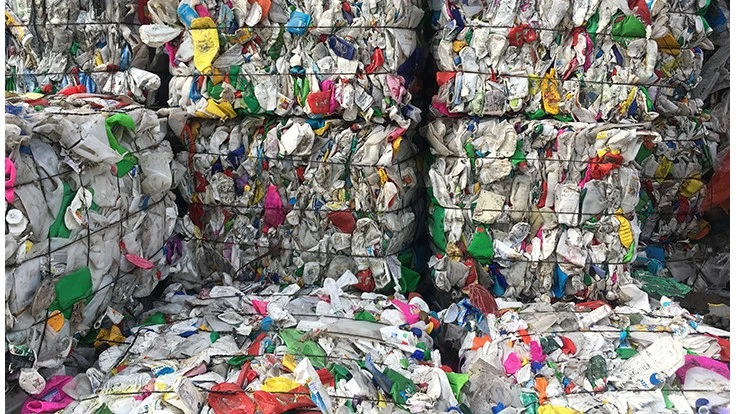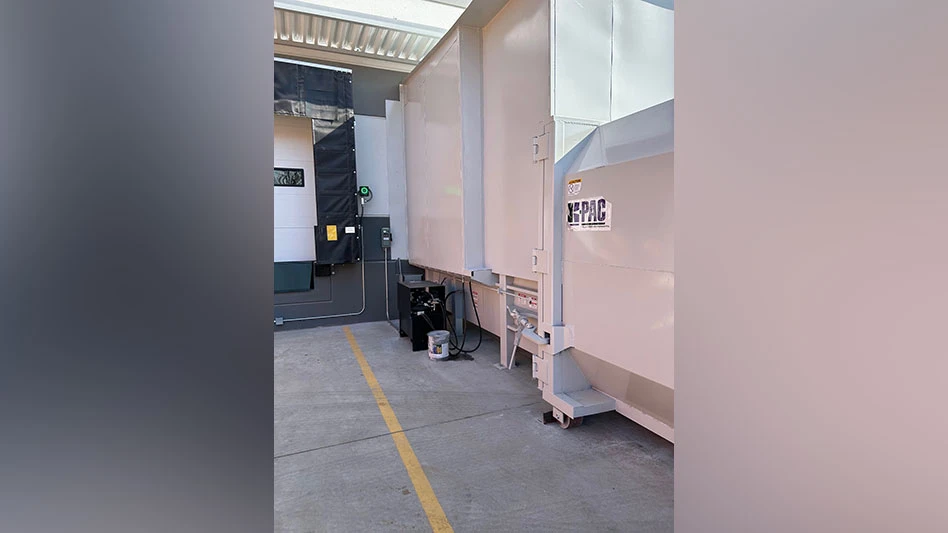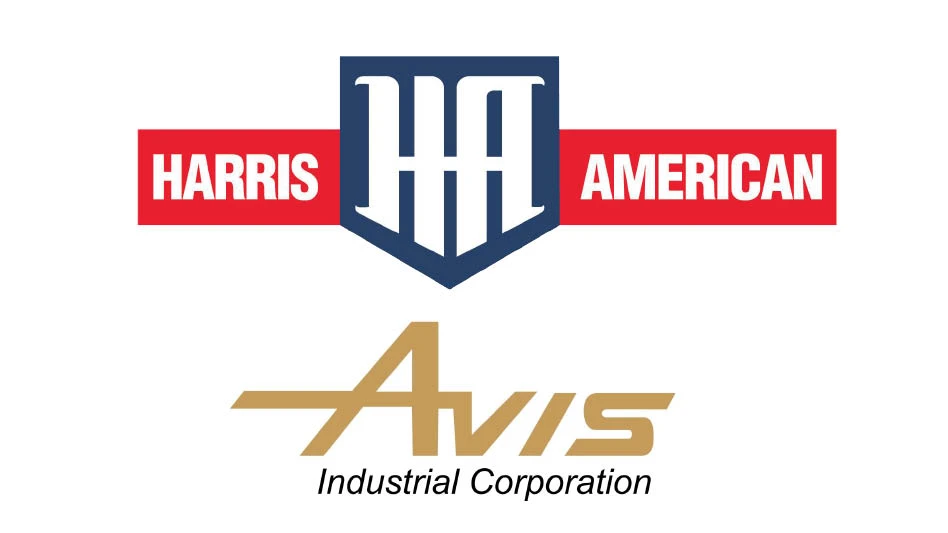
Photo by Recycling Today staff.
California Gov. Gavin Newsom has signed Senate Bill 54, which creates several amendments to the state’s Integrated Waste Management Act of 1989 and is designed to address plastic litter issues and low recycling rates in the Golden State, into law.
The text of SB 54 sets reporting requirements for transfer station and “disposal facility” operators to provide “periodic information to the [state] on the types and quantities of materials that are disposed of, sold or transferred to other recycling or composting facilities or specified entities.”
Trade associations such as the National Waste & Recycling Association and the Institute of Scrap Recycling Industries (ISRI) likely will seek clarification on the reporting requirements and how they affect operators of transfer stations, material recovery facilities (MRFs) and other locations where discarded materials are handled in the recycling chain.
The bill also states, “The California Integrated Waste Management Act of 1989 regulates the disposal, management and recycling of, among other solid waste, plastic packaging containers and single-use foodware accessories.”
At least one advocacy group sees this as the death knell for plastic in several applications in the state. Washington-based Oceana calls the measure “the strongest plastic source reduction policy in the nation” and “the first state law to mandate source reduction of all single-use plastic packaging and foodware, from detergent bottles and bubble wrap to cups and utensils.”
According to Oceana, the law requires packaging producers and product makers to “slash their single-use plastic packaging and foodware by at least 25 percent by 2032 and implement the first reuse and refill mandates in the nation.”
Christy Leavitt, Oceana’s plastics campaign director, says, “Oceana commends the state legislature and the governor for realizing the urgency of the plastic pollution crisis and taking strong action to protect California's coast and communities. California’s effort to aggressively tackle plastic pollution at the source and require companies to shift from throwaway plastic to reusable and refillable alternatives sends a strong signal to the nation, and the world."
The Washington-based American Chemistry Council (ACC) previously told Recycling Today it had concerns about the future of chemical recycling investments and other unintended consequences should the legislation be passed.
Joshua Baca, vice president of plastics at the ACC, released a statement saying the ACC is pleased that the anti-plastics ballot initiative has been withdrawn and SB 54 was signed into law.
“Negotiating SB 54 over the last 18 months has not been an easy process," he says. "We appreciate the hard work of Sen. Ben Allen and his staff to get us to this resolution. The law is not perfect, as we outlined in our previous statement.
The Washington-based American Forest & Paper Association (AF&PA), representing that sector, has tweeted it is “pleased California policymakers [have] taken a first-of-its-kind approach to extended producer responsibility (EPR) legislation that recognizes the success of paper recycling.”
The AF&PA’s tweet says SB 54 “provides an off-ramp for industries like paper that have already stepped up and made the investments necessary to achieve a high recycling rate.”
“The paper recycling rate in the United States reached a record of 68 percent in 2021, and California’s new law recognizes this,” adds Natalie Urban, a spokesperson for the AF&PA.
ISRI also released a statement July 1 voicing its support for the legislation, saying it is "a positive step forward in the strengthening of post-consumer plastics recycling."
ISRI adds, "The bill not only ensures recycling access throughout the state of California, which is critical to increasing recycling rates, but also provides necessary support for those recycled materials that do not yet have an adequate level of end market demand to allow for economically self-sufficient recycling. We applaud Sen. Allen for including an off-ramp for producer responsibility upon maturity of the end market for a particular recycled material. ISRI appreciates the commitment and years of consensus-building that Sen.Ben Allen and the cosponsors of the bill put into this effort.
"We look forward to continued conversations and welcome discussions with the sponsors, ISRI and our members in California on further ways to improve upon the legislation to protect California recycling markets and ensure a healthy recycling infrastructure," the association adds.
The Ecology Center in Berkeley, California, says several environmental organizations, including the Ecology Center, provided input to the legislation, adding that it establishes guardrails to ensure compliance.
Martin Bourque, executive director of the Ecology Center says, “The industry-run producer responsibility organization (PRO) that this law creates will require more watchdogging than ever to ensure it does not follow age-old industry tricks, false promises and greenwashing. We are satisfied that CalRecycle will have the necessary authority to ensure the PRO lives up to its legal requirements, and we will be watching to make sure they do.”
*This article was updated July 1 to add comments from Joshua Baca of the ACC, Martin Bourque of the Ecology Center and ISRI.
Latest from Recycling Today
- Redwood partnership targets recycling of medium-format batteries
- Enfinite forms Hazardous & Specialty Waste Management Council
- Combined DRS, EPR legislation introduced in Rhode Island
- Eureka Recycling starts up newly upgraded MRF
- Reconomy Close the Gap campaign highlights need for circularity
- Nickel carbonate added to Aqua Metals’ portfolio
- EuRIC, FEAD say End-Of-Life Vehicle Regulation presents opportunity for recyclers
- Recyclers likely to feel effects of US-China trade war





